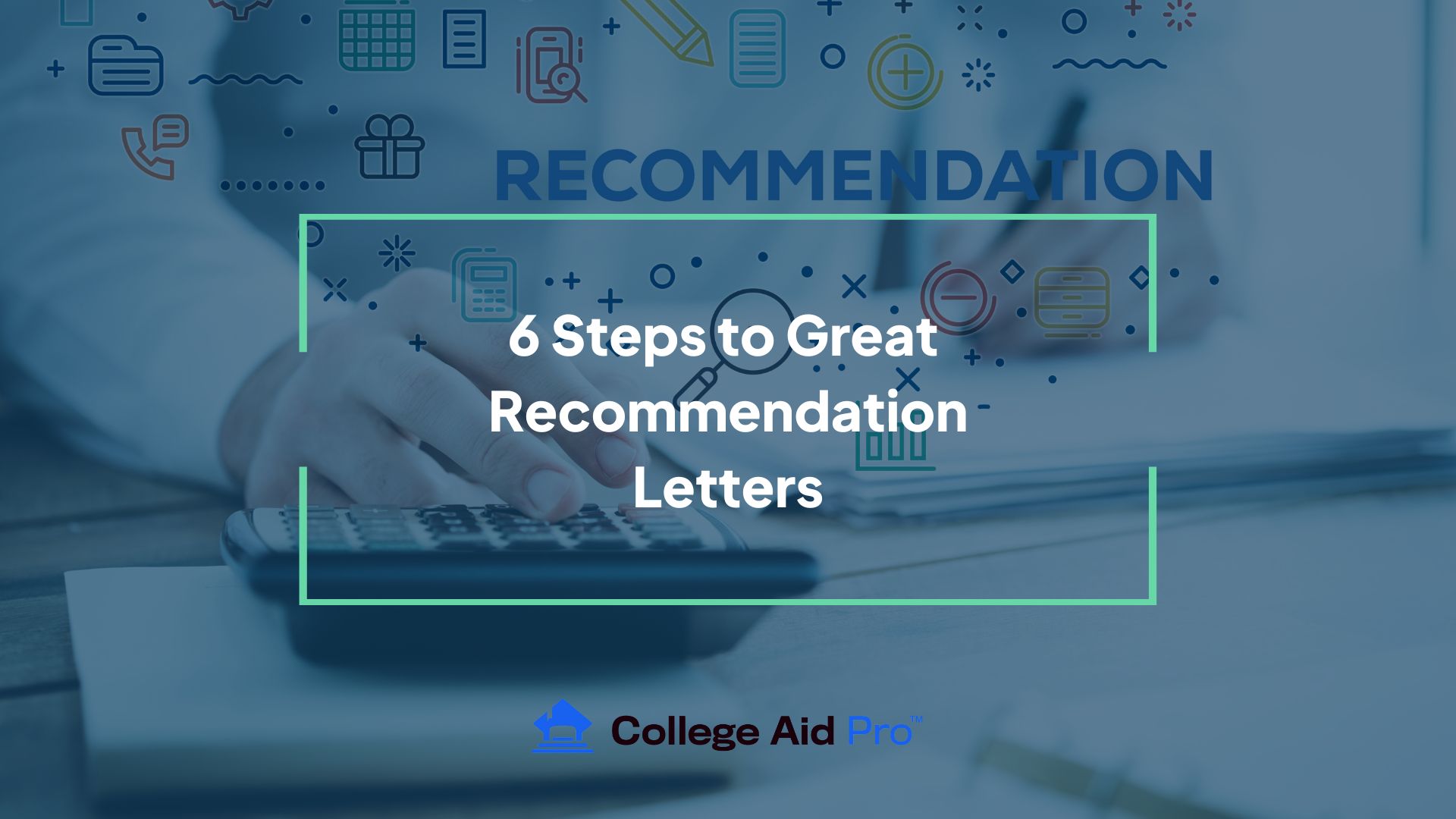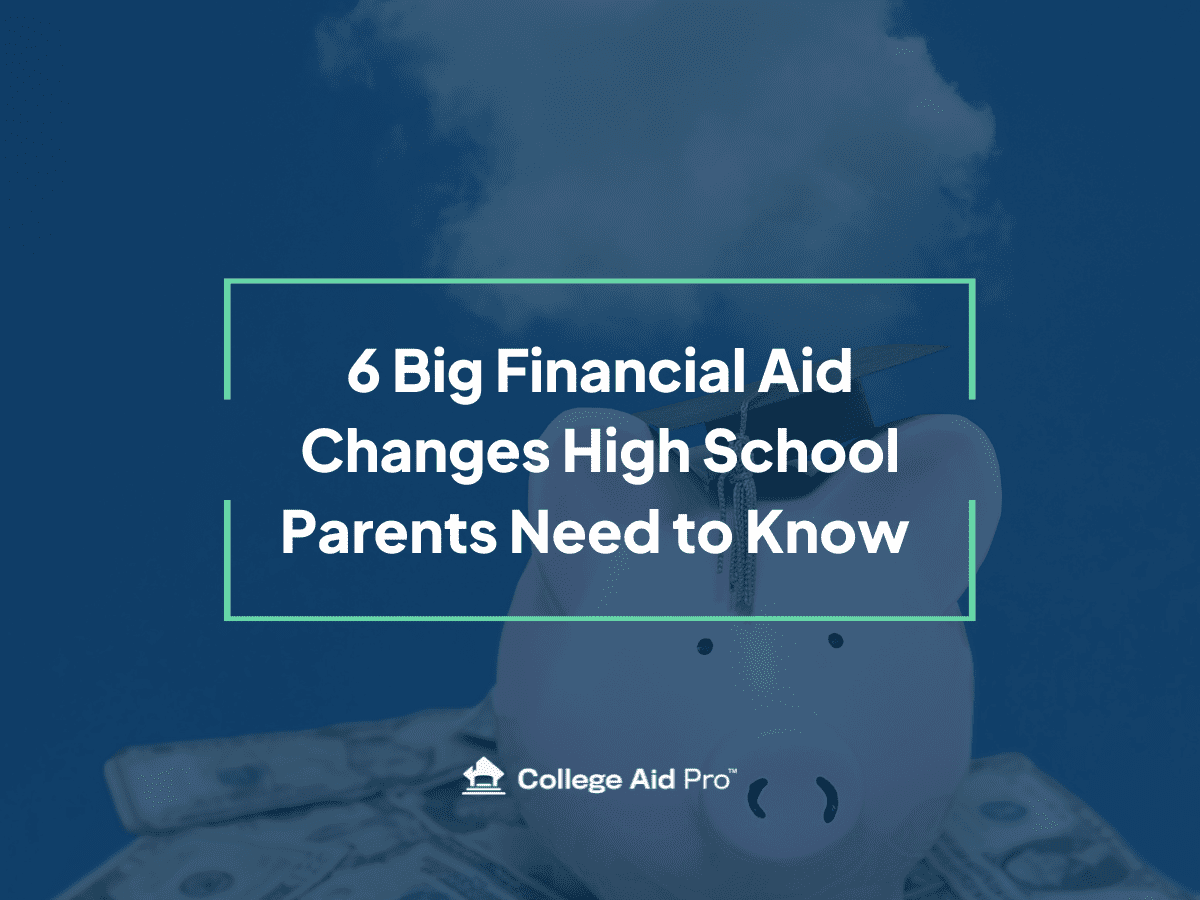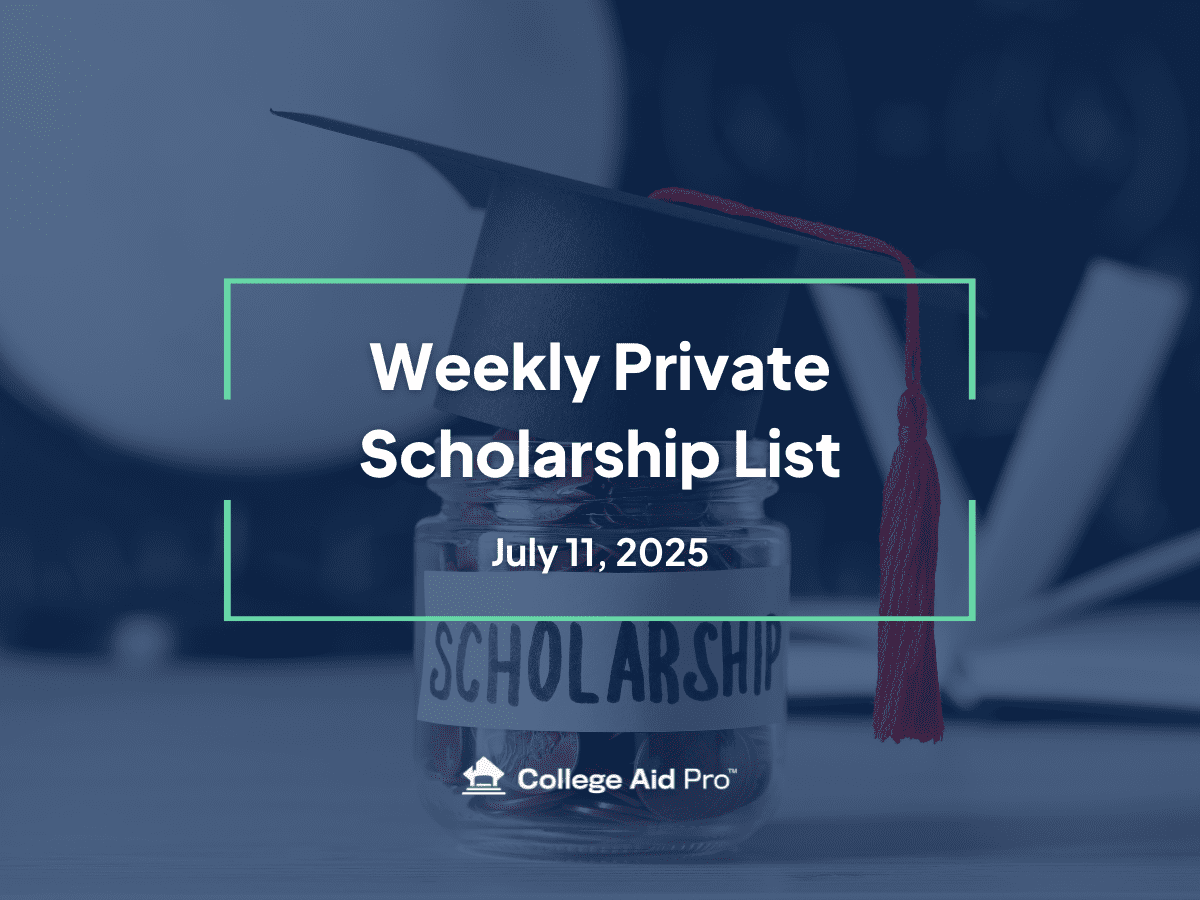If you have an upperclassmen high school student who will be working on college applications this fall, it’s important to submit an application package that really shows how amazing your kid is. Part of their package may involve recommendation letters from teachers and counselors. Here are a few tips that will help your student get a meaningful letter of recommendation to submit as part of their application.
Not all colleges require recommendation letters as part of the college application. Those that do are looking at recommendation letters as a supplement to what the applicant personally provides in their application.
With that in mind, understand that the college wants to learn something new about the applicant beyond what is shown through grades, test scores, an activity list, and essays. They are looking for an outside perspective from a teacher or counselor who is well-acquainted with the student.
How to Get Great College Recommendation Letters
1. Start Early and Ask in Person
Teachers and counselors juggle many requests for recommendation letters. A well crafted letter takes time and energy to write, and some high school teachers will only write a certain number of recommendation letters each year because it is so time consuming. Because you want your first choice teachers to say “yes” to writing your recommendation letters, the best time to ask them is late spring (April to May timeframe) of your junior year.
You may not know when your college applications are due at this point, but that’s ok. Your goal at this point is to get a yes or no from your desired teachers, and then you will keep them up to date with deadlines so they have ample time to complete your recommendations. When you start back to school in the fall of your Senior year, send a friendly reminder to your those teachers with due dates and any new information they may need.
If you are already a senior, don’t stress! It isn’t too late to ask teachers for a letter of recommendation. At this point though, you should know when your first college applications are due and plan ahead accordingly. You want to give a teacher as much time as possible to sing your praises in a letter to your dream college. Do not expect to give someone only a week or two to do that.
And ask your preferred teachers IN PERSON! This is not the time to send an email or a text message. Ask your teacher when they are available to chat for a few minutes and not rushing to start class or go to bus duty. Also, make sure this is something you do on your own. Don’t have your friend come with you to ask for your college recommendation letter. Teachers want to see you are taking charge of your future education plans, not going along with the crowd.
2. Pick the Right Person
You probably won’t have a choice when it comes to counselor recommendations, but with teacher recommendations it is important to pick the right teacher. Pick someone who knows you well and who understands your strengths and weaknesses. Here are some ideas:
- Pick a teacher from one of your core classes (English, Math, Science, Social Studies, or a foreign language) These classes tend to carry more weight in the college application process.
- Pick a teacher who watched you struggle in their class. Maybe you ended up excelling or maybe you struggled to the end but asked for help and found small victories that your teacher could talk about. You learn and grow more through your failures sometimes, and that can stand out to a college admissions counselor.
- Pick a teacher whose class you actively participated in. A teacher wants to highlight examples of how amazing you are as a student. You have to give them some material to write about.
- Pick a teacher who might not have been your favorite, but taught you a lot and helped you grow.
- Pick a teacher who you got to know really well and who became a personal mentor to you.
- Pick a teacher who remembers you. Look to your teachers from your sophomore and junior years (and possibly your first semester senior year.)
3. Communicate “What and When”
Make sure to tell those you are asking for recommendation letters from when you need the letter and what it is for. Are you looking for a general recommendation letter that can apply to any school, program or scholarship? Or are you looking for something written for a specific school, program of study or scholarship? You must decide how you want to handle recommendation letters overall – do you want to ask for many different ones that are more specific, or do you want more generic ones that you can use for multiple purposes?
Check with your guidance office about how to handle letters of recommendation as well. Some schools use specific online platforms for submission. Some schools let students and their recommenders figure the best way to submit letters. It’s best to know this and make sure your recommender knows how to submit your letter as well. Some teachers may be new to writing a recommendation letter and not know what to do with it once they finish.
4. Communicate “Why”
If you tell your recommender why you selected them to write a recommendation letter, you may receive a better outcome. While you could mention this when asking, it may be even more effective if you write a note expressing the reason. For example, “I wanted to have you write a recommendation letter for me because you helped me so much in Chemistry last year. You watched me struggle at the beginning of the year and you patiently explained things so I understood them. You saw my progress throughout the year.”
5. Provide Supplemental Information
It’s a good idea to give your recommender a copy of your activity resume or some sort of “brag sheet” or questionnaire you’ve filled out about yourself. This information can help remind or inform them of all the things you have done while in high school. They may be able to pull out some specific items to talk about or explain how you successfully juggled a lot of things. When you give your recommender lots of ideas and options to write about, it makes the writing process easier for them.
6. Have a Good Attitude
Remember, writing a good recommendation letter for you is not anyone’s obligation. They are doing you a favor and you need to be appreciative and be patient. When you get about two weeks before the due date, it is fine to check in to see when your recommender expects to have your letter completed, but do it nicely! It is always a good idea to give your recommender a Thank You note after they have completed your recommendation letter.
When I speak to high school juniors, I always tell them to start building high-quality teacher and mentor relationships because many college and scholarship applications request recommendation letters from adults who know them well. This can be easier to do with teachers than with counselors, but most schools do ask for a counselor recommendation.
If your student has not developed a good relationship with their guidance counselor, now is the time. Have your student schedule a time to sit down with the counselor to discuss future plans. Give your counselor a copy of your brag sheet, questionnaire, or high school activity resume as well. The more the counselor knows about a student’s future goals and concerns, the more they can draw from when writing a recommendation and the more they can help your student focus on the right things in the college application process.
Remember, the recommendation letter is only PART of your student’s overall college application package. Most applications will also need a high school transcript, possibly a resume or activity sheet, a personal essay, and test scores if you choose to submit them. The letter is only a piece of the puzzle to show your student as a whole, well rounded individual.
While the college search and application process may feel overwhelming and even exhausting at times, set realistic goals and break it down into steps that make it easier. And if you need help or have questions, there are plenty of resources to guide you through this!



